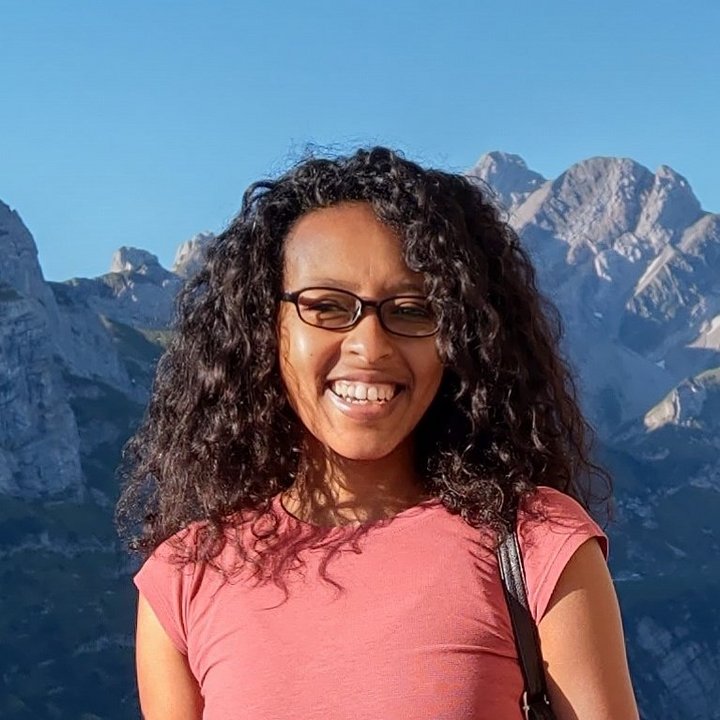Regulating structural injustice in the digital space


This research project is funded by the Basic Research Fund for International Postdocs of the University of St.Gallen. It will be conducted at the Institute of Business Ethics with the research team of Prof. Dr. Florian Wettstein.
The research will investigate the responsibility for structural and intersectional injustices channeled through digital technologies. The research takes an interdisciplinary approach and will be conducted in two phases:
Phase 1 examines in depth the different forms of direct, indirect, and structural digital violence, their relationships to each other, and the impact of these relationships on the regulatory environment. In direct violence, actors who intentionally cause harm have a direct relationship with the victims who suffer the injury. Indirect violence occurs when actors do not intentionally or directly harm a victim. Structural violence is the result of the interplay and overlay of direct intentional violence and indirect unintentional violence to reproduce an intersectional inequality. That is, when the use and design of digital technology causes intentional and/or unintentional harm, intersecting inequalities (e.g., gender, race, ethnicity, economic status) result from the interplay of direct and indirect violence. This interplay and the resulting intersectional inequalities pose a problem for existing regulatory systems. Existing regulation is not designed to address this type of complexity and typically focuses on eliminating direct, intentional violence and pays little attention to indirect, structural violence. The proposed research aims to show how direct and indirect violence intertwine to create structural violence that affects regulatory choice and effectiveness. Direct intentional harm can be regulated through conventional liability, such as tort law, but this does not address the unjust structure that created the violence. It is unclear what regulatory alternatives are available when direct intentional (or indirect unintentional) violence from digital technology is triggered by unjust structures (or socioeconomic and political systems). Structural violence is to some extent independent of action: It exists independently of the punishment of individual perpetrators. An optimal regulatory framework would therefore target both the underlying unjust structure and the person committing the crime. Currently, there are no studies that examine the impact of different forms of violence on regulatory efficiency in the digital space. The proposed project aims to fill this gap using an empirical research methodology.
Phase 2 will build on Phase 1 to introduce a comprehensive accountability framework based on the principles of political accountability and the capability approach to structural violence replicated and amplified by digital technologies. This phase will ask three questions: 1) What are the foundations or parameters of accountability? 2) How can those who bear responsibility be identified? 3) What should an alternative regulatory framework look like? To answer these questions, we will examine the extent to which those who control and benefit from unjust structures seek change. Iris Marion Young's social relations model will be used to examine the extent to which actors have control and power over the digital infrastructure and thus bear responsibility. It also examines the extent to which actors other than those who control the structure contribute to its operation and thus bear responsibility to challenge it based on the interest parameter of the social connections model. Going beyond Young's model, the paper will focus on the responsibility of technology companies, states, and users (including potential victims) to undermine unjust digital infrastructures by using a capability-based interpretation of power to identify actors of justice and expected moral responsibility.
Associated Member